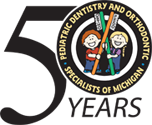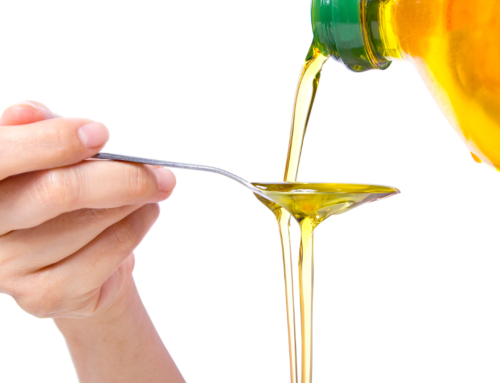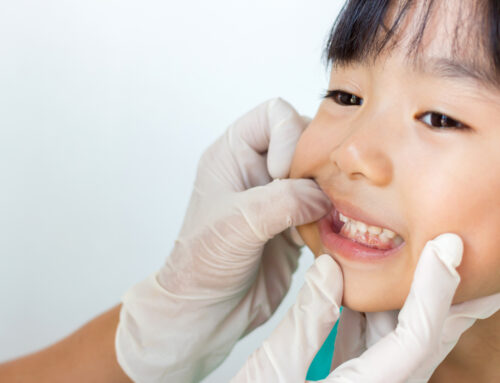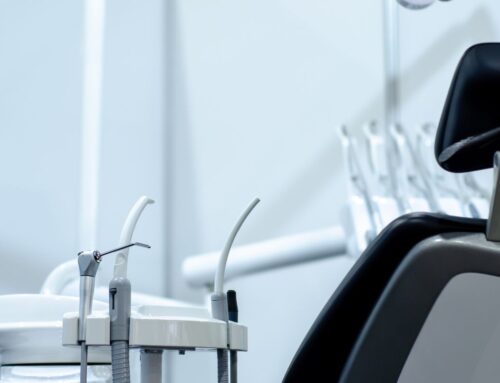Teeth grinding, known as bruxism, is actually very common in children. Many parents have the experience of hearing their children under the age of eleven grinding their teeth at night. It is actually pretty normal behavior. However, it can become problematic if it causes tooth wear, pain, or trouble sleeping.
Why do kids grind their teeth?
Children’s permanent tooth eruption begins with the arrival of the six-year permanent molars. Before these molars appear, bites are flexible and subject to changes as they grow. Additionally, baby teeth have very non-descript anatomy making it hard for the teeth to develop a solid, interlocking fit. Occasionally, children will have an abnormal bite during this time because of the interaction of these shallow anatomy teeth or further complicated by the loosening of baby teeth and adult teeth erupt and push baby teeth out of the gums into heavy occlusion with the opposing teeth.
What should parents do?
Teeth grinding usually occurs at night, but some people grind their teeth during the day as well. These unconscious habits can lead to damaged teeth. Clenching or grinding usually occurs when children are not even aware that they are doing so. If grinding or clenching is happening during the day, just making your child aware can sometimes stop it.
For those nocturnal grinders, it may be harder to prevent or stop. Many children simply outgrow the habit. But the habit may cause excessive wear on the teeth. It is a good idea to let your dentist or orthodontist know what you are hearing your child do with their teeth at night. Your dentist may recommend a thin, plastic nightguard or retainer to prevent the effects of grinding at night to help keep children’s teeth healthy. However, this is usually not recommended for baby teeth only. If the problem persists once adult teeth begin to erupt, the risk for wear and tear on the teeth increases and intervention makes more sense.
Your dentist will be able to tell if your child is grinding their teeth and it is causing a problem with their oral health. Teeth grinding can be a sign of other health issues including enlarged tonsils, asthma, and respiratory airway infections, so it is a good idea to also let your pediatrician know if this is occurring in your child.
If you have any other questions about bruxism, please feel free to ask us.
About Pediatric Dentistry and Orthodontic Specialists of Michigan, the offices of Drs. Delaney, Plunkett, Ralstrom, Makowski, Thanasas, Ker, and Associates
Pediatric Dentistry and Orthodontic Specialists of Michigan have specialized in pediatric dentistry and orthodontics since 1968. Our family-friendly and newly renovated office gives patients and families a more comfortable and consistent experience with dentistry from the very beginning. Our pediatric dentists treat children from newborn to 18 years of age while our orthodontists provide care for both children and adults and are proud to be Premier Providers of Invisalign and Invisalign Teen services. The ability to treat all patients with compassion and individuality, including those that may have special needs reaches beyond our facility, which has treatment rooms available for children who require additional privacy and customized care options. We pioneered valued hospital affiliations to allow dental services to be performed at DMC Children’s Hospital and St. John Macomb Hospital, when appropriate or necessary, and our specialists are also proud to be on staff at Henry Ford and Beaumont hospitals.
.





